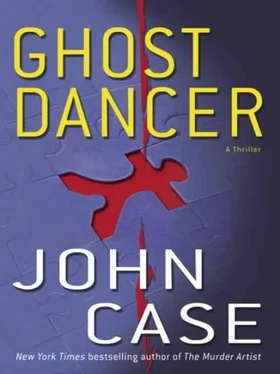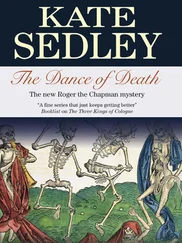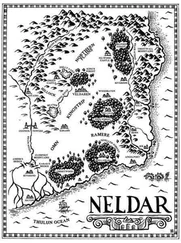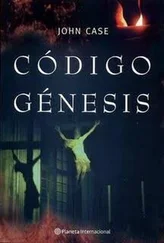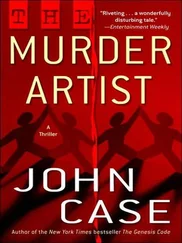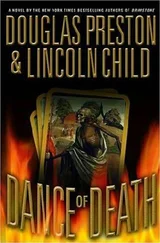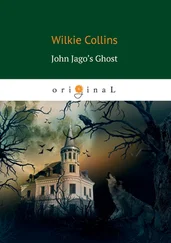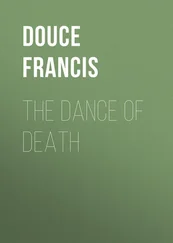Burke nodded.
“That put Jack to feeling bad about himself – he was abandoned, no two ways about it. But I explained that sometimes a child is left like that to protect it from harm. And I told him it was a beginning in life that he shared with some mighty powerful figures. Moses for one, drifting in his little basket. And Sargon – he was the king of Mesopotamia – also found in a basket. I told Jack his start in life was right out of legend.”
Burke nodded.
Mandy had a little smile on her face. “You’re thinking how’s a lady lives in a trailer know about ancient Mesopotamia. Before I met Alan, my husband, I had two years at Boise State. And I’m a great reader. I gave that to Jack.
“Anyway, Jack came here when he was ten and we never did find out about his parents. One white, one Indian – that was clear from looking at him. He was a half-blood. Half Paiute, you might guess, because Paiutes are mostly what you have in Nevada. And then there was the name – that pretty much sealed it. Anyway, Alan and I – Jack, too, when he was older – we looked and looked to try to discover who his parents might be, all the local history in the papers and so on. Anybody pregnant, any young woman who disappeared.”
“But you never found out.”
“Nossir. Somebody with some schooling, you might think – else they never would have heard of the first Jack Wilson. And that was interesting, too, that his mama, or maybe his daddy, chose to honor an ancestor, but chose the white name instead of the native one.”
“Wovoka.”
She looked up, her eyes sharp. “So you have done some lookin’ around.”
He nodded.
“Whoever Jack’s parents might have been, it was a dandy genetic combination. Jack was just beautiful. Oh lord, with his shock of hair and big dimples and those frying-pan eyes – folks just couldn’t take their eyes off that boy. And smart? Just as bright as a penny.”
“I’ve heard that.”
“You have no idea. When he came to me as a foster child, he was still a boy, really – small for his age. He’d already been through half a dozen foster homes. Nothing against the system, they try, they really do, but they’ve got some crazy rules and they’ve got some foster parents prob’ly shouldn’t be parents at all. Some of these people take children in as a moneymaking proposition.”
“Really?”
“Oh lord, yes. They’ll have eight, ten kids – and that’s a lot, isn’t it? Especially when these are kids with issues.” She sighed and sipped her tea. “Jack got slapped around by one foster mother’s boyfriend, and then he was in a couple of these warehouse-type deals. When he came to me and Alan, he was… guarded. It took a while to win his trust. But then…” She shut her eyes and Burke saw tears glitter in the corners.
“We really did become a family.”
“How long was he with you?”
“Until he was sixteen. Six years. Alan and I… we helped him look into his heritage and made sure he knew about Paiute history. I took him to Pyramid Lake and introduced him to the people there. Would you like to see a picture?”
“Sure.” Burke followed her into a tiny room.
“This was Jack’s room,” she told him. “And that’s Jack with Peter Whitecloud.” She pointed to a framed photograph of a twelve-year-old boy smiling beside an older man in blue jeans and a sweater. “Peter was head of the tribal council then. A real V.I.P.”
“Is he still around?” Burke asked.
“No,” Mandy said. “He passed a few years ago.”
There was a posterboard next to the bed, and Burke went over to it. “What’s this?” he asked.
“Oh, that – that was a ninth-grade project Jack did. He got an A plus!”
Under the heading 200 Years of Losing Ground was a series of beautifully drawn maps of the continental United States. Burke looked closer and saw that color-coded areas represented the lands of various tribes. There were six maps in all, starting in 1775 and ending in 1975. Sidebars in small boxes noted the enactment of laws and treaties affecting the Indians, mostly for the worst. The maps dramatized the rapid diminution of land belonging to Native Americans.
In the last map, there were only a few specks of color east of the Mississippi. In the West, the biggest chunks of Indian land were in the Dakotas and in the Four Corners region. Even in Oklahoma, the whole of which had been declared “Indian Territory” in 1835, reservation land was now but a tiny fraction of the state.
“They’re still suffering,” Mandy said. “Folks think the casinos have changed it all, but the truth is, Native Americans are still the least healthy, least wealthy, and least educated of all the peoples in the United States.” She sighed, and led him back to the living room. “I don’t mean to rattle on,” she said.
“What happened when Jack was sixteen?” Burke asked. “Where did he go?”
The old woman squeezed her eyes shut. “My husband got liver cancer. They can’t really do a damn thing for it – except, maybe, a transplant. Alan was on the list, but… we ran out of time.” She sighed. “Anyway, when Alan was diagnosed, I didn’t let on about it. I should have, I know, but I was afraid they’d take Jack away.”
“You mean Child Services? Why would they do that?”
“Because we were old – or not ‘old,’ but old to be Jack’s foster parents. I was fifty-five and Alan was sixty when he came to us. It was just pure old-fashioned luck that we got him. They had to place him, we were willin’, and at the time, they had nobody else. But when they found out that Alan was sick and that I was spending a lot of time taking care of him, that was that.” A quick intake of breath.
“I’m sorry.”
She dabbed at her eyes with her knuckles. “He didn’t want to go. We were all the family he had, plus he knew I couldn’t take care of Alan by myself. Without Jack’s help, Alan would have to go to a hospice. And that’s what he did.” A sigh. “I had to be real firm with Jack. I knew he’d try to run away and come back, but I made him promise not to. I told him that it would be the death of me if he spoiled his chances. Even back then, he wanted to go to Stanford, and I knew he had a real shot at it. But not if he got into trouble. And ‘running away,’ they treat that like it’s a felony, you know?”
Burke nodded.
“Jack got to a place in town that wasn’t too bad – lots of kids and they made him pray all the time. But Jack was old enough by then to look after himself. And he got to stay at the high school, which was great. He went with me to visit Alan most weekends, and I met him at the library a bunch of times. We did his college applications there.”
“But they didn’t let him come back after your husband died?”
She shook her head. “I was too old to look after him – that’s what they said.”
“But he got into Stanford.”
“I was so proud! Bright as he was, it was still a miracle. And then to do so well. And that invention! He was so excited! It would have been a tremendous boon. He was going to buy me a house, which I didn’t need. But he would have loved to do that. It would have made him feel… I don’t know. Real good about himself.” She sighed and her shoulders slumped. Suddenly, she looked very tired. “I still can’t believe what happened,” she said. Her eyes teared up, but she didn’t cry. “Now, maybe he was mad – he certainly had the right to be mad – but he never would have hurt anybody. Not my Jack.”
“Not then, but… what about now?”
She shook her head. “I don’t know.”
Burke leaned toward her. “What worries me is… I think he might be involved with this Culpeper thing. And that Culpeper might not be the end of it.”
Читать дальше
